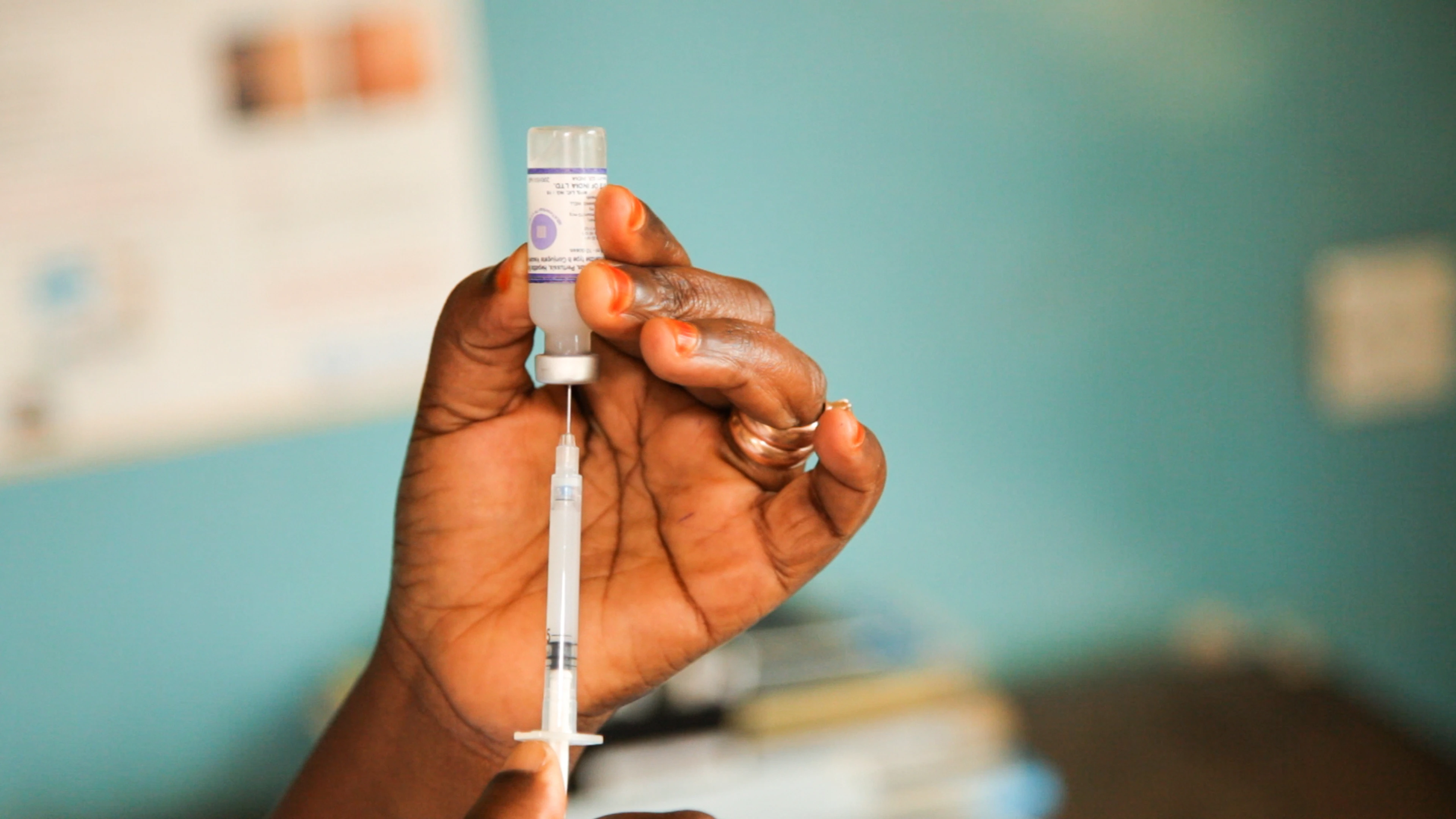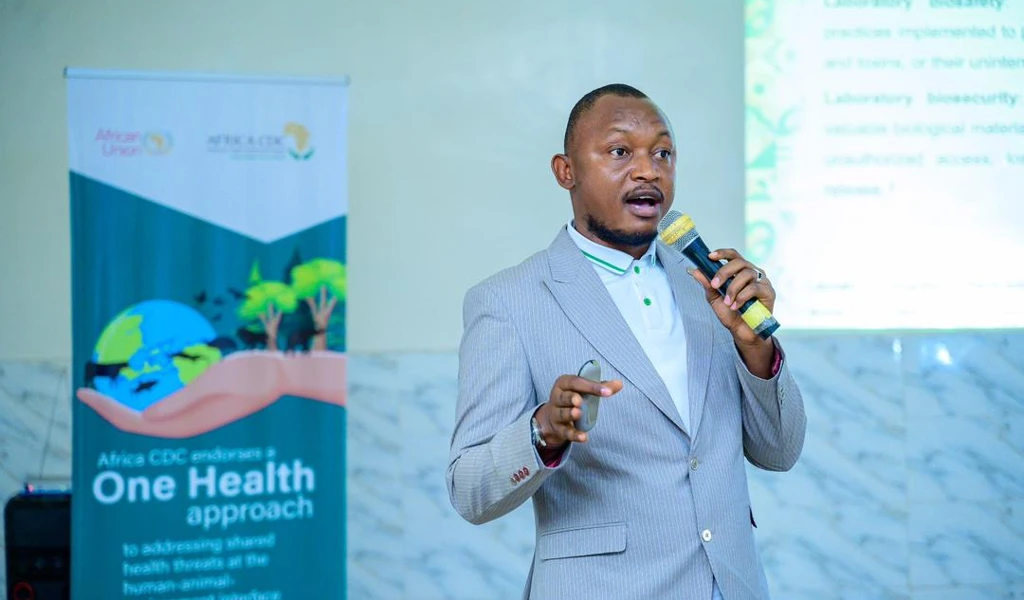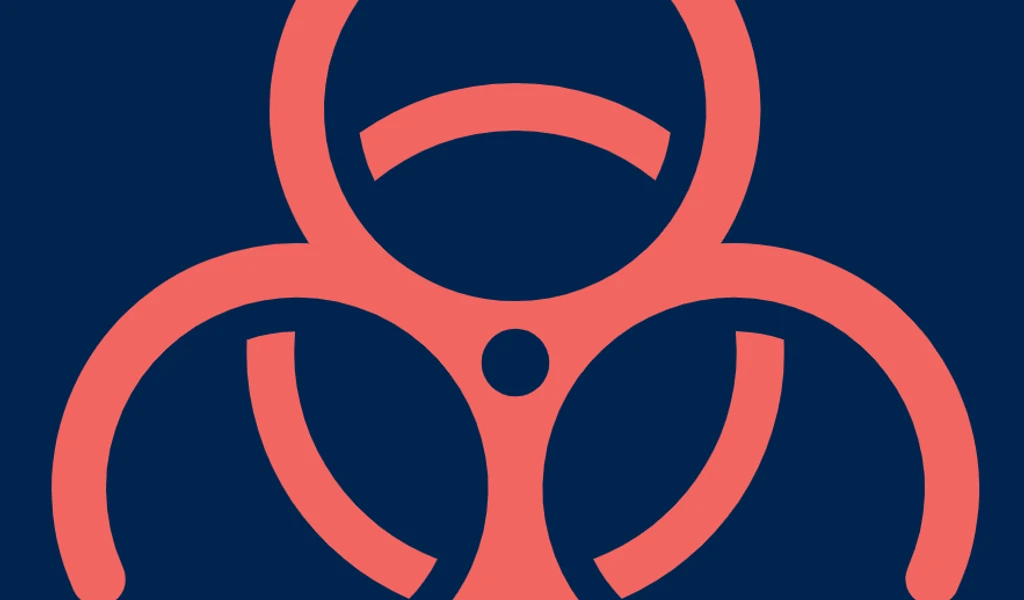Vaccines work by introducing an antigen—a viral protein or a weakened version of a pathogen—into the body to teach the immune system how to respond if it were ever exposed to the real thing. And they are extremely effective.
Take childhood immunisations. Since 2000, GAVI the Vaccine Alliance has helped lower-income countries prevent more than 16.2 million deaths through its support for routine immunisation programmes and vaccination campaigns. Vaccines have helped eradicate deadly diseases such as Smallpox, they save 2-3 million lives a year, and they can even combat certain types of cancer, as is the case with the HPV vaccine for preventing cervical cancer. The impact of COVID-19 vaccines has been even starker. In the first year of their roll-out during the pandemic, those vaccines saved 20 million lives.
"The benefits of vaccines are clear, they can prevent severe disease, save lives and protect livelihoods", said Dr Rebecca Chandler, Clinical Development Vaccine Safety Lead at CEPI. "But in very rare circumstances, they can cause serious harms. There is a need for further research into understanding how these rare events occur and in which people."
Research into these types of rare events has been difficult, Dr Chandler explains, because they first need to be identified and then biological samples need to be pooled in statistically significant numbers to establish causality with confidence, which is difficult given their relative rarity. "Achieving this is only possible through international collaboration. Investment into further understanding rare adverse events associated with vaccination has the potential to improve public confidence in vaccine safety" she said.
Severe adverse events are usually detected after vaccines are rolled out at a population level. This can arise for a number of reasons. Clinical trials, for example, typically include thousands, or tens of thousands of participants and may not fully represent the diverse population that will get the vaccine after its approval. When a vaccine is rolled out in millions of doses, however, a broader range of people with varying health conditions and genetic backgrounds may receive it. This increased sample size facilitates the detection of potential adverse events.
Even after a vaccine is approved and rolled-out, manufacturers, regulatory agencies and health systems monitor its safety through post-marketing surveillance systems. These systems are designed to detect and report adverse events that were not identified during clinical trials. Healthcare providers and individuals are encouraged to report any adverse events they observe or experience, helping to identify previously unrecognized risks.
To help elucidate the underlying mechanisms of very rare but serious adverse events, such as thrombocytopenia syndrome, and to identify potential biological risk factors in certain groups of people, CEPI is providing up to US$15.3 million (CA$20.4 million) to Alberta University to establish The International Network of Special Immunization Services (INSIS) project. INSIS aims to combine the use of clinical approaches and cutting-edge gene technologies to understand the biological factors that might predict adverse events of special interest potentially related to vaccination. The Network will include 15 members, initially in Australia, Canada, Italy, South Africa, and the USA.
"Compressing vaccine development against emerging pathogens down to 100 days will be critical to combatting future pandemic threats", explains Dr Jakob Cramer, Director of Clinical Development at CEPI. "Data from INSIS will help to inform health authorities on the most appropriate type of vaccine that should be used in specific outbreak settings and populations. If we can identify risk factors and identify causal mechanisms for potential serious adverse events ahead of time, immunisation campaigns can be adapted to mitigate such risks in those who are potentially vulnerable. This will contribute to increased levels of public confidence in vaccines and the development of even safer vaccines can be achieved."
Learn more about CEPI's work to enhance vaccine safety here.



.webp)